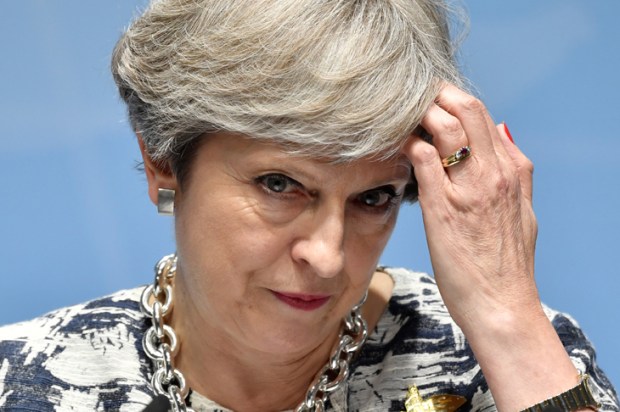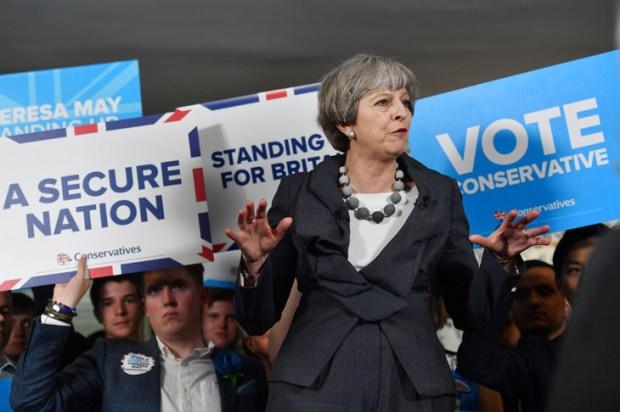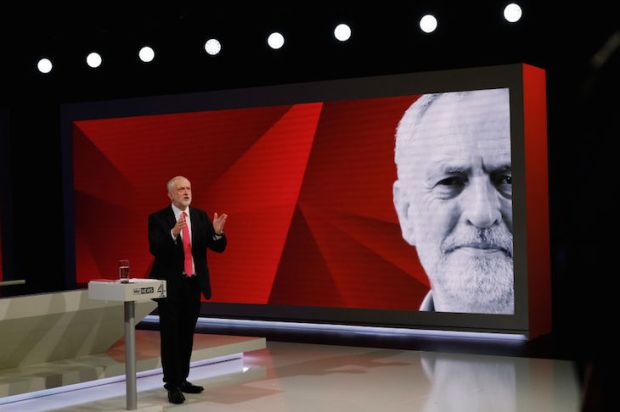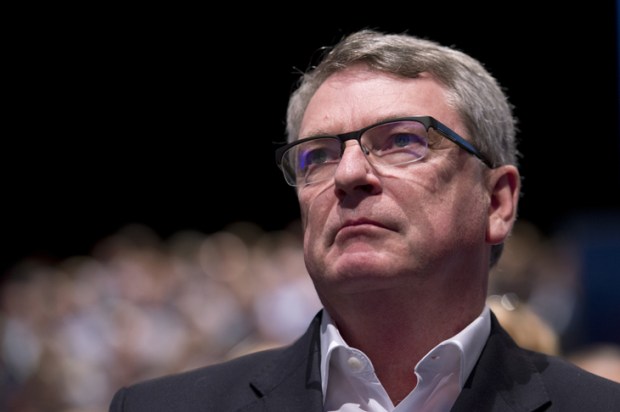This is going to be a positive, optimistic column. I promise. Because, look, let’s be honest, I’ve been a bit moany this year, haven’t I? Which may, I suspect, have been a bit misleading. Read me here, or indeed anywhere, and I suspect you could come away thinking I’ve spent the last 12 months, or at least the last six, lying awake, staring at my expensive north London Farrow & Ball ceiling, weeping sad, shuddering, self-indulgent tears at a world moving beyond my ken.
Already a subscriber? Log in
Subscribe for just $2 a week
Try a month of The Spectator Australia absolutely free and without commitment. Not only that but – if you choose to continue – you’ll pay just $2 a week for your first year.
- Unlimited access to spectator.com.au and app
- The weekly edition on the Spectator Australia app
- Spectator podcasts and newsletters
- Full access to spectator.co.uk
Unlock this article
You might disagree with half of it, but you’ll enjoy reading all of it. Try your first month for free, then just $2 a week for the remainder of your first year.















Comments
Don't miss out
Join the conversation with other Spectator Australia readers. Subscribe to leave a comment.
SUBSCRIBEAlready a subscriber? Log in